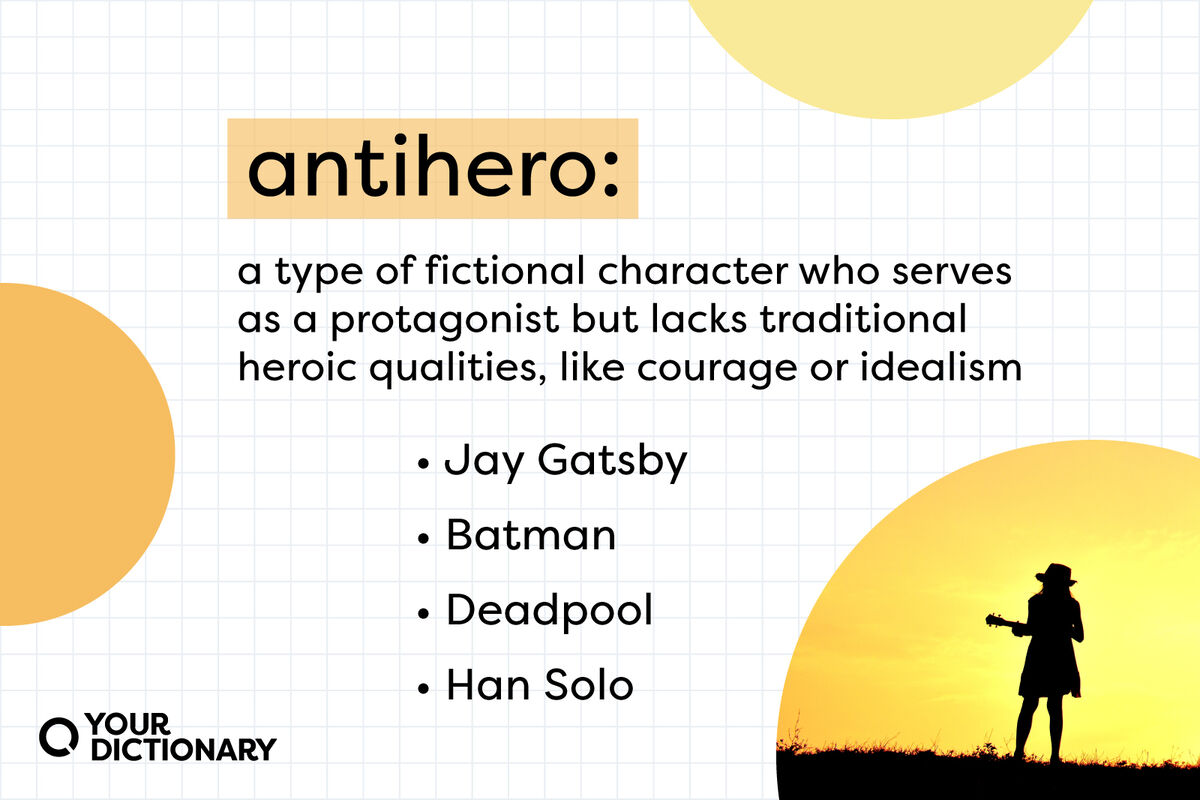
An anti-hero is defined as a main character in a narrative who lacks the attributes typically associated with traditional heroes, such as idealism and morality. Unlike conventional protagonists who are admired for their bravery and integrity, anti-heroes exhibit morally ambiguous traits and often prioritize self-interest over the greater good. They may perform actions considered morally correct by the audience, but their motivations may not align with societal morals[2][4].
An anti-hero embodies complexity, often forcing the audience to grapple with the moral gray areas of their actions. They may be characterized by traits such as selfishness, self-destructive behavior, a critical view of society, and unconventional philosophies that reflect their flawed human nature[3][4]. This complexity is central to the engagement of the audience, as anti-heroes can evoke both empathy and discomfort due to their relatable struggles and failed attempts at making moral decisions[5].
The literary concept of the anti-hero can be traced back to classic literature, with examples ranging from Homer’s Thersites to modern representations like Walter White from Breaking Bad, showcasing varied character arcs that can lead to either tragic or transformative outcomes[2][6]. Ultimately, anti-heroes are compelling because they encompass both good and bad qualities, reflecting a more realistic depiction of humanity[5].
Get more accurate answers with Super Pandi, upload files, personalized discovery feed, save searches and contribute to the PandiPedia.
Let's look at alternatives:
- Modify the query.
- Start a new thread.
- Remove sources (if manually added).